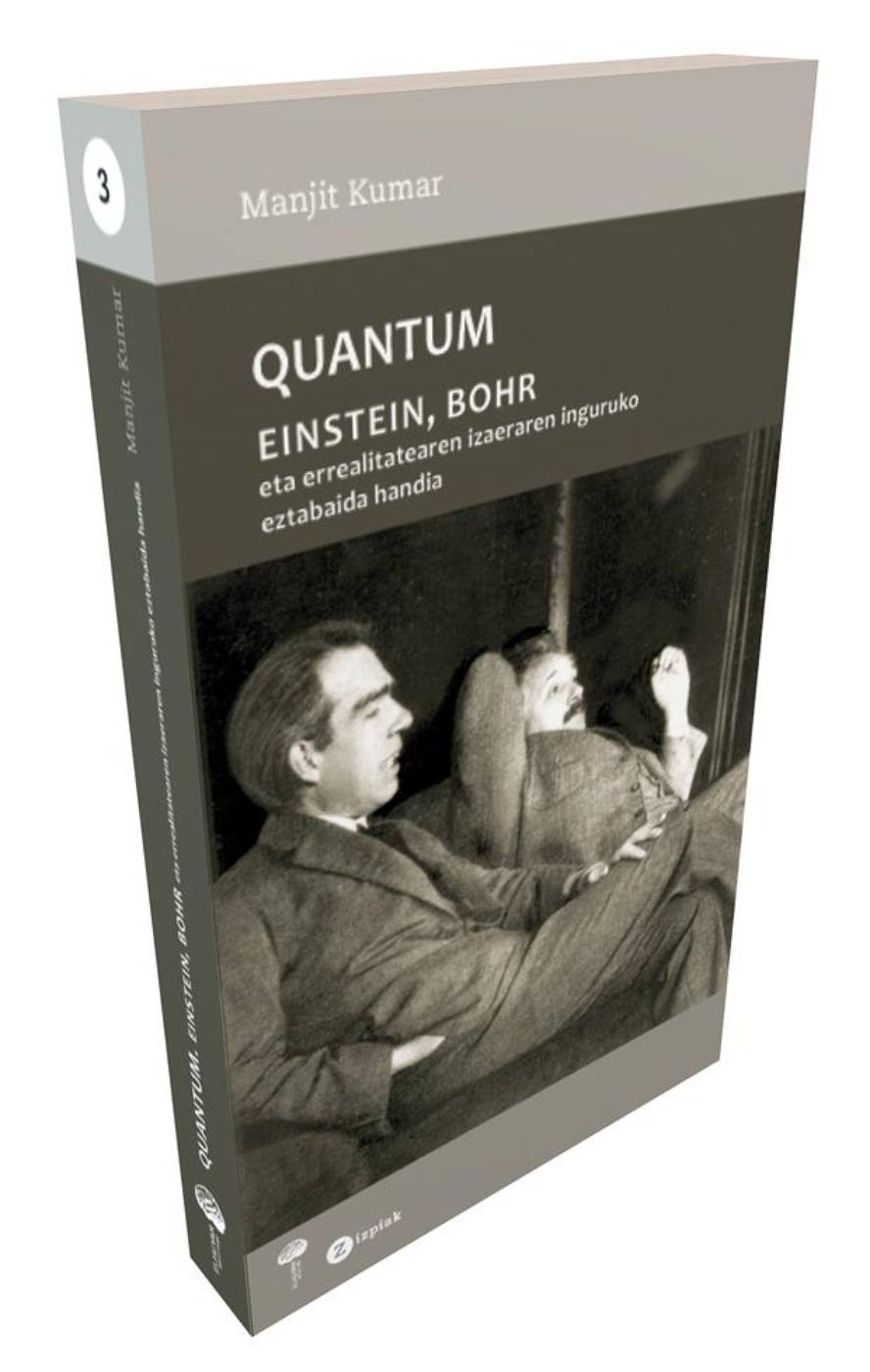Two geniuses face each other
Brussels, 1927. Solvay holds its fifth conference organized by the industrial chemist. Two physicists discuss reality throughout the talk. One is probably the best-known physicist in history and already enjoys great prestige both in academia and in the general public; the other is the Danish physicist Niels Bohr, less known, but who deserves a place of honor in the history of physics.
Together with them, the conference brought together the most important physicists of the time: Marie Curie, Paul Dirac, Ernst Schrödinger, Max Planck and many other physicists became benchmarks. Also Werner Heissenberg. Heissenberg had just presented the principle of uncertainty, a special principle of quantum mechanics that directly affected the nature of reality, a rare idea that launched conversations and debates between Einstein and Bohr.
Einstein did not accept the consequences of the principle. Bohrek yes. And during the three days of the conference, both had a kind of fight. Einstein tried to show that the principle of uncertainty was wrong, invented by the physical approach, and asked Bohr to explain the invented situation. Bohr explained and Einstein invented a new approach to deal with Bohr's response. But Bohr always sought an answer.
The essence of the book Quantum is what happened at that conference. In fact, the book's subtitle is "Einstein, Bohr and a great debate about the nature of reality." Writer Manjit Kumar analyzes the comments of the conference, but not just that. It also analyzes the works before and after the conference to present the complete context of the field of physics. In short, this book gathers the revolution of quantum mechanics and the lives of those who led it. Discussions between Einstein and Bohr have been analyzed by more than one book; the advantage of Kumar is that it has achieved a good balance between the physics that counts and the biographical data. It is an agile and at the same time very complete reading. Hence the fame of Quantum. The Elhuyar Foundation has published the translation into Basque within the Z izpiak collection of science books.






